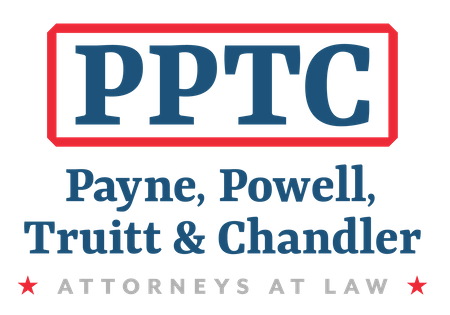Step 1:
Check Availability of Name with the Secretary of State in Austin
The Secretary of State will not allow an entity seeking incorporation to use a name that is the same or deceptively similar to a name already in use by another corporation, LLC, limited partnership, or other entity in the state. You can reserve a name with the Secretary of State’s Office for 120 days by filing Form 501, available at the Secretary of State’s website.
Step 2:
Prepare a Certificate of Formation
The certificate of formation is the document filed with the Secretary of State to form the nonprofit corporation. The Secretary of State Form 202 provides the minimum statutory filing requirements for a certificate of formation. The following provisions need to be included:
- Purposes Clause: define the charitable purpose of the corporation. Per Section 501(c)(3) of the Internal Revenue Code of 1986, as amended.
- IRS Language: to get tax-exempt status, the certificate must include special clauses that relate to the dissolution of the nonprofit, “inurement”, and a general statement that the corporation may not take action that would be inconsistent with the requirements for tax-exemption under Section 501(c)(3).
- Initial Directors: name the directors of the initial board (at least 3 in Texas).
- Incorporator: the incorporator is the person who signs the certificate of formation and must be at least 18 years old (does not have to be one of the initial directors).
- Registered Agent and Address: provide the name and address of the corporation’s registered agent and office. The registered agent should remain affiliated with the corporation for at least one year and must consent to being the registered agent.
- Members: need to state if the nonprofit does not have members. If the nonprofit will have members, review statutory requirements for membership corporations.
Step 3:
File the Certificate of Formation with Secretary of State
Submit 2 copies of the completed Certificate of Formation with the appropriate filing fee via mail, in-person delivery, or fax. Order a “certified copy” of the certificate of formation to submit with the federal tax-exemption paperwork. See the Secretary of State website for specific instructions regarding submission and processing. The nonprofit corporation legally exists on the date stamped on the certificate of formation (or another future effective date if one is specified on the certificate of formation).
Step 4:
Prepare Bylaws
The bylaws are the rules governing the internal management of the nonprofit. The initial board of directors should prepare and adopt bylaws soon after preparing the certificate of formation. Some of the most important provisions that should be included in the bylaws are: Meetings, Leadership, Provisions for Membership (if the corporation has members), Quorum, Committees, Fiscal Year, and Bylaw Amendment Procedures.
Step 5:
Meeting of Initial Directors to Adopt Bylaws and Transact Business
If a physical meeting will be held, the directors named in the certificate of formation must receive at least 3 days’ notice of the time and place. At the initial meeting, the following should happen: Adopt bylaws, Elect officers, and complete 501(c)(3) application.
Step 6:
Apply for a Federal Employer Identification Number (EIN)
An EIN is needed, even if the nonprofit has no employees. The EIN is used on all federal tax returns and receipts, and it is also essential to open a bank account for the nonprofit.
Step 7:
Prepare Federal Tax-Exemption Application
To obtain federal tax-exempt status, the nonprofit must file one of two forms:
- Form 1023-EZ – if the nonprofit’s assets are $250,000 or less, or if the nonprofit’s annual gross receipts are $50,000 or less.
- Form 1023 – if the nonprofit’s gross receipts are more than $50,000.
Follow each form’s instructions regarding submission and attachment of other documents.
Step 8:
Apply for Sales, Franchise, and Hotel Tax-Exemption from Texas Comptroller
The easiest method for obtaining state tax-exemption is by first obtaining federal tax-exemption. To apply for state exemption based on federal tax-exempt status, complete form AP-204 located here.
Step 9:
Apply for Property Tax-Exemptions form the Local Tax Appraisal District
Nonprofits may be eligible for a local property tax-exemption, depending on the local taxing authorities. To receive the exemption, the nonprofit should submit Form 50-299 (available here).


